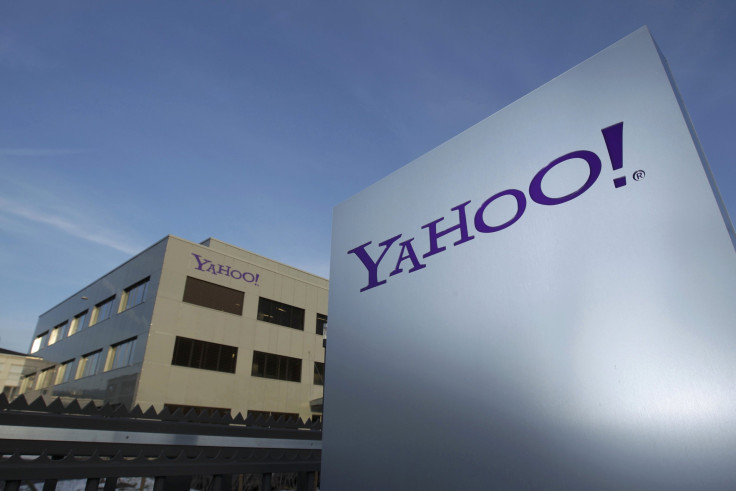Yahoo Flexes Muscle In Restructured Microsoft Bing Search Partnership

In a surprising move, Yahoo on Thursday announced a decision to keep its search alliance with Microsoft intact for the next five years while giving itself new freedom to deliver more of its own ads to users who visit Yahoo Search on both desktop and mobile devices. It’s a move that should allow Yahoo to get a bigger slice of the worldwide search market, estimated to be worth nearly $82 billion by eMarketer.
The arrangement is the latest move by Yahoo CEO Marissa Mayer to restore market credibility to a company that many analysts believed had negative value -- apart from its stake in Chinese e-commerce giant Alibaba.
Though Yahoo and Microsoft will continue to work together, Yahoo was able to alter the deal in ways that should make the partnership more beneficial for itself. Under the reworked agreement, the Sunnyvale, California, company will be able to work with other search providers and deliver ads from its Gemini platform on desktop search results.
'Significant Opportunities'
“The agreement opens up significant opportunities in our partnership, enabling both partners to improve the search experience, create value for advertisers and establish ongoing stability for partners,” Mayer wrote in a blog post. “Search has, and will continue to be, an incredibly important part of Yahoo, and this new partnership represents a major step forward in our renaissance.”
Yahoo’s search revenues, minus traffic acquisition costs, came in at $462 million in the most recent fourth quarter -- flat from the same period in 2013.
Although Mayer has heavily criticized the partnership for failing to meet expectations and had the ability to opt out of the agreement as early as February, she and Microsoft CEO Satya Nadella were able to hammer out an amendment after months of negotiations. Retaining the partnership was a high priority for Microsoft, which is hoping its Bing search business becomes profitable by 2016.
"They reached a compromise where Yahoo got more independence but Microsoft got to keep the relationship. It probably would have been a bigger loss to Bing as the traffic is important for them to make inroads against Google,” said Jonathan Opdyke, CEO of HookLogic, a company that provides advertising for search engines on retailer websites. “I would speculate that the deal probably favored Yahoo economically.”
Prior to the amendment, Yahoo was required to exclusively show Bing advertisements on desktop search, giving Microsoft 12 percent of the revenue. Microsoft will continue to get that much for each Bing ad, but now Yahoo is required only to show “Bings ads and search results for a majority” of desktop traffic, the companies said in a statement. It means Yahoo can now also show users ads from its Gemini platform, retaining 100 percent of that revenue as it already does with the mobile version of Yahoo Search.
'Exerting Itself'
“It’s a huge win for Yahoo and it’s not surprising that they would exert their muscle,” said Johnny Won, founder of Hyperstop, a consultancy firm. Yahoo is “exerting itself as more of a technology company rather than just a straight-up media company.”
The renewed agreement comes at an important time for Yahoo. The company recently struck a partnership to become the default search engine for the Firefox Web browser, a deal that has already helped it eat into Google’s dominance. Yahoo now holds 12.7 percent share of the U.S. desktop search market, comScore says. That’s up from 10.2 percent in November, when the Firefox partnership was announced. During the same span, Google’s market share dropped from 67 percent to 64.4 percent.
Yahoo made its search ambitions even clearer in February at its mobile developer conference, where it gave developers the ability to integrate Yahoo Search directly into their apps, and on multiple occasions, Mayer has said she would love for Yahoo to usurp Google’s spot as the default search engine for the iPhone’s Safari Web browser.
“As we have seen in our quarterly data, Yahoo/Bing has had three straight quarters of market share gain and now holds the largest share in years. Together they will likely continue to chip away slowly at Google’s enormous lead. With some provisions for Yahoo to go on its own, it may mean more challenges for Google,” said Dave Ragals, global managing director of search for IgnitionOne, a digital marketing firm.
© Copyright IBTimes 2025. All rights reserved.




















